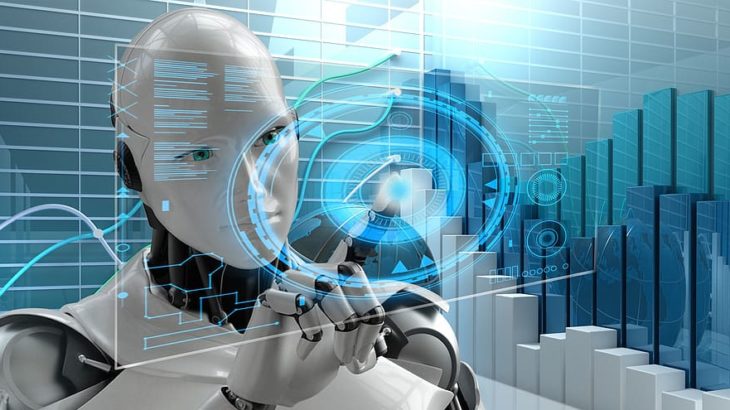Artificial intelligence is considered the future of humanity and the next step towards our evolution. It is believed that AI will help us become multi-planetary species as they will contain the knowledge to transport us to other planets and help massively in our everyday lives.
Even though this technology is still in its early stages of development and people are still trying to figure out how to better it, some businesses use it as best as they can. Medicine is also one of the industries that have implemented this technology in a few sectors and that is exactly the topic that we wanted to discuss. We are going to see where is AI used in medicine, will it progress, and what are its benefits. But first, let’s take a look at an industry that has incorporated this technology to the fullest.
Online Sportsbooks as A Leading Example
Online sportsbooks are not connected to medicine in any way, but they are a perfect example of how successful and efficient can some companies be if they can integrate AI in the best possible way. These sites have managed to become very popular in the past couple of years as they attracted millions of players from all around the world.
Where does AI fit in all of this? The security systems. When people bet sports online, an AI system protects their data and makes it impossible for unwanted parties to crash the party and gain access to sensitive data. The AI system that is in charge of the security is known as SSL-encryption and this system turns all the sensitive data into codes that cannot be breached.
Some similar sites, such as online casinos use an additional type of AI, known as Random Number Generators. RNGs create random outcomes of each game and in doing so, they enforce fair-play and give equal chances of winning to every player.
Where is AI Used in Medicine?
Early forms of AI is already being used in medicine. Some medical institutions that have digitalized some of their services are the Mayo Clinic, the British National Healthcare Service, and the Memorial Sloan Kettering Cancer Center.
The primary role of AI in medicine today is to analyze relationships between prevention or treatment techniques and patient outcomes. Some of the areas in which AI is being used are diagnostics, drug development, personalized medicine, analysis of a large amount of data through electronic health records, patient monitoring, and care. AI has proven to be quite successful in these fields as it helps doctors and the practice, in general, to go forward.
These algorithms are designed to recognize patterns in behaviour and create their own logic which will help save the lives of many patients. While this technology is widely accepted, some people oppose it and state that it will reduce job opportunities, thus increase the unemployment rate, they cannot think outside of the box, and go against some ethical practices such as data privacy.
However, numerous benefits come from using AI, especially in healthcare. That is why many people believe that AI has the power to not just improve medicine, but change the world by 2050.
The Benefits of AI in Medicine
The first benefit that comes to mind when we think of AI in medicine is efficiency. Being efficient is a massive advantage in this field as it can help save lives. AI has the power to process information much better than humans ever can and they can act much faster, which can ultimately result in many positive outcomes.
Furthermore, it will become a cost-effective way to help patients, improve the care, provide hospitals with more workforce, and massively help in the production of new drugs. Since they are far more efficient and effective than humans in many areas, they are also less prone to make mistakes.








